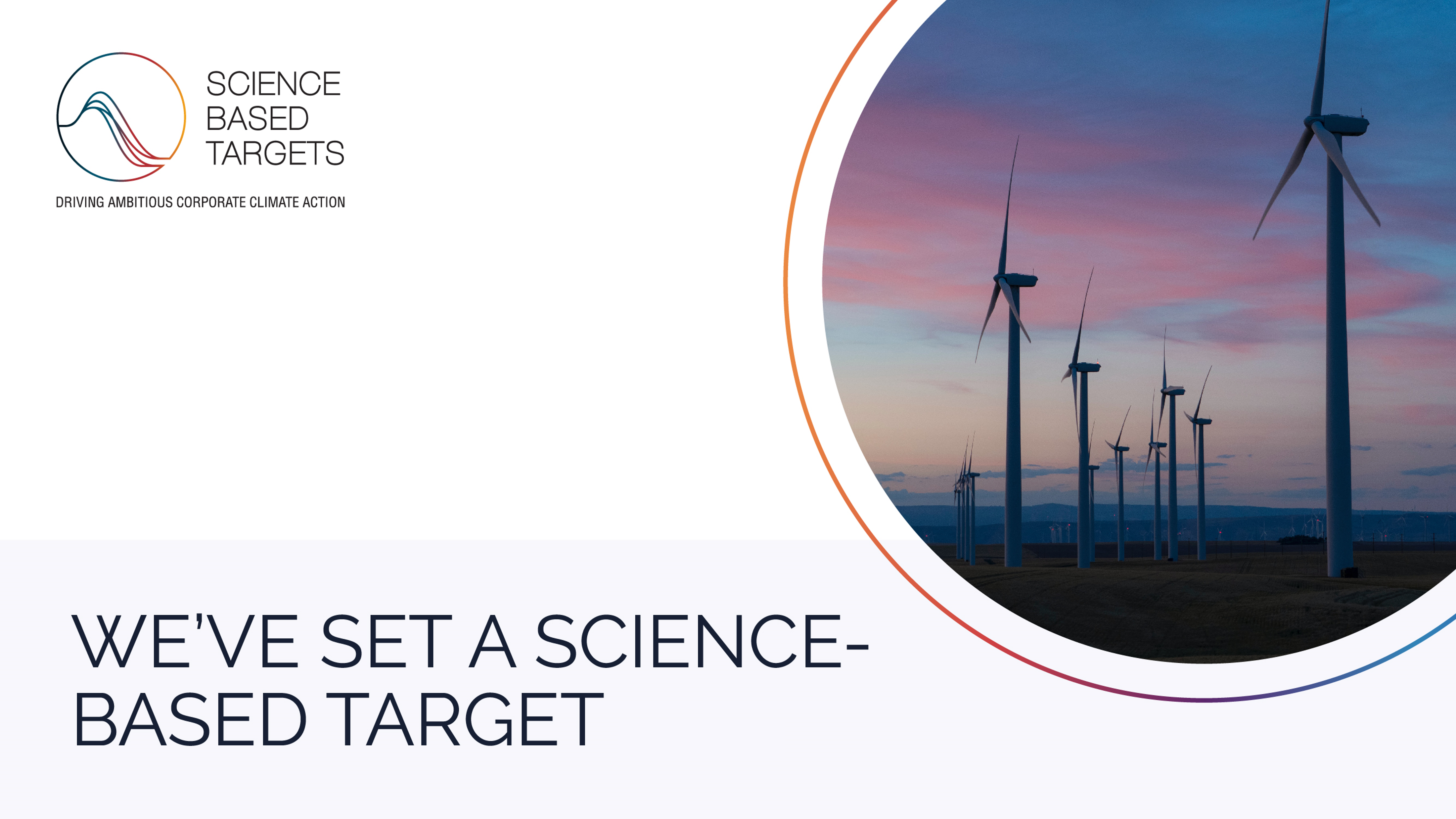The Vella Group Commits to Carbon Reduction Targets with the Science Based Targets Initiative
Talia Foxler | 12 November 2024

The Vella Group is pleased to announce that it has set emissions reduction targets that have been approved against the Science Based Targets initiative net zero criteria.
The targets, covering greenhouse gas emissions from business operations, are consistent with the latest climate science advice to prevent the most damaging effects of climate change.
Joining the SBTi reflects The Vella Group’s ongoing commitment to environmental responsibility. Over the coming months, the business will be rolling out different initiatives to reduce the Scope 1 and Scope 2 emissions across its operations to ensure it is on-track to hit its ambitious targets.
"We are proud to commit to science-based targets as part of our journey towards a more sustainable future," said Marc Holding, Managing Director of The Vella Group. "By aligning with the Science Based Targets initiative, we are reinforcing our dedication to responsible business practices that benefit our communities, customers, and employees. The commitment marks an important step in our efforts to drive positive change across the repair industry. We understand that setting these targets is the beginning of this journey, and over coming months we will be rolling out changes to our repair process to ensure that we hit our emissions reduction targets for 2024 and 2025."
The Science Based Targets initiative is a global organisation that helps companies set specific, measurable, and time-bound targets to reduce greenhouse gas emissions in line with the goals of the Paris Agreement. The initiative is a collaboration between several environmental organisations, including the Carbon Disclosure Project, the United Nations Global Compact, the World Resources Institute, and the World Wide Fund for Nature.
The primary aim of SBTi is to encourage companies to align their emissions reduction strategies with the scientific consensus needed to limit global temperature rise to well below 2°C above pre-industrial levels, and ideally to 1.5°C, to avoid the worst impacts of climate change.





















